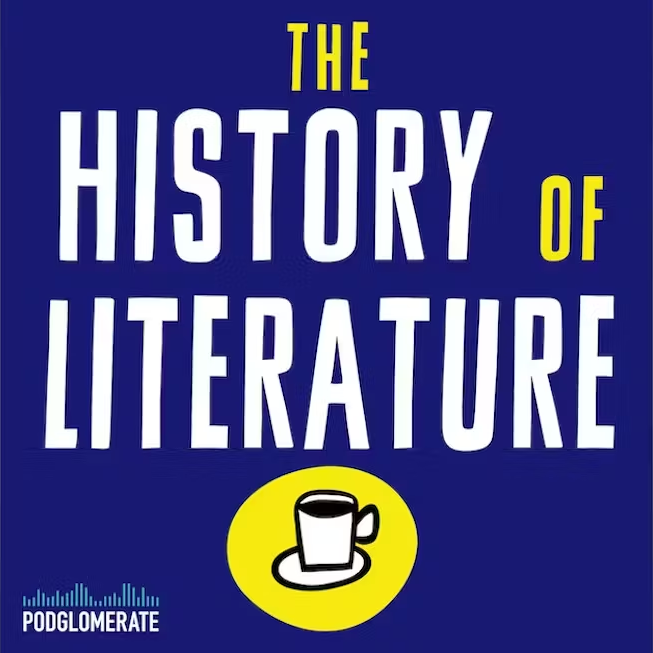Look, John Jeremiah Sullivan gets a lot of praise for his prose style, and he deserves it. His 2009 piece on Michael Jackson is excellent. He’s a great writer!
So I’m not just shooting aqueous creatures in a barrel when I call attention to this passage:
Alone, he puts on classical records, because he finds they soothe his mind. He also likes the old southern stuff his uncle Luther sings. His uncle looks back at him and thinks he seems sad for his age. This is in California, so poor, brown Gary, with its poisonous air you could smell from leagues away—a decade’s exposure to which may already have damaged his immune system in fateful ways—is the past.
Leagues? Leagues? Have you ever heard anyone refer to distance on land as being measured in leagues? In the twenty-first century?
Do you think that was the first word that occurred to the writer? Or do you think he wrote “…with its poisonous air you could smell from miles away.” Then he stopped, looked at the sentence, and thought, “Hmmm, miles away is sort of a cliché. So I think I’d better change it.”
I’ll bet dollars to circular fried dough it was the was the latter.
So what? Lots of writers do this, myself included. And sometimes the results are better. Sometimes you avoid the worst of clichés (tired, worn-out language) and wind up with something more vivid. James Wolcott has basically built a career on repurposing clichés in this fashion.
But in this case, here’s what happens. I start the sentence. I get to “poor, brown Gary,” which is excellent. Then “poor, brown Gary, with its poisonous air.” So far, so good.
You could probably stop there. But okay, I get it, it amplifies your point to say the air is extremely toxic, even at a distance. So let’s say that you can smell the poisonous air from a long ways away. How do you say “a long ways away” in the twenty-first century? You say miles away.
If you say, “…poor, brown Gary, with its poisonous air you could smell from miles away,” I’d still be with you. But that’s not what he says. He says leagues away.
And suddenly, with just that one word, leagues, I’m as distracted as if the writer suddenly appeared in front of me and dropped his pants. You can see the writer’s ambition. You can sense his fear.
It’s the fear of the reader saying, “HA HA HA, JOHN JEREMIAH SULLIVAN, YOU FRAUD. MILES AWAY? THAT’S A CLICHÉ, AND I’VE READ GEORGE ORWELL, AND WHO DO YOU THINK YOU ARE, POSING AS A WRITER? I CAUGHT YOU!”
Because otherwise, why use leagues? Really, what does that do? Is it more accurate than miles? Is there a person alive in America who would have a better sense of measuring distance by leagues rather than miles? Have you ever in your life said, “Oh, we’re about five leagues from home,” or “It’s too far to walk – must be at least ten leagues from here.”
Leagues! Suddenly I’m not in poor, brown Gary. I’m in a submarine with Captain Nemo.
So instead of traveling with the article, being steered by the invisible writer into thinking about Michael Jackson and the transition he made from Gary to California, we’re now thinking about the writer, who’s so desperate to avoid a cliché he winds up writing something unnatural. Barbarous, even.
Sorry for the rant. It’s just one of my dog peeves.
(And do read the article. It’s very good.)
And then: onward and upward with the King of Pop.

Leave a comment